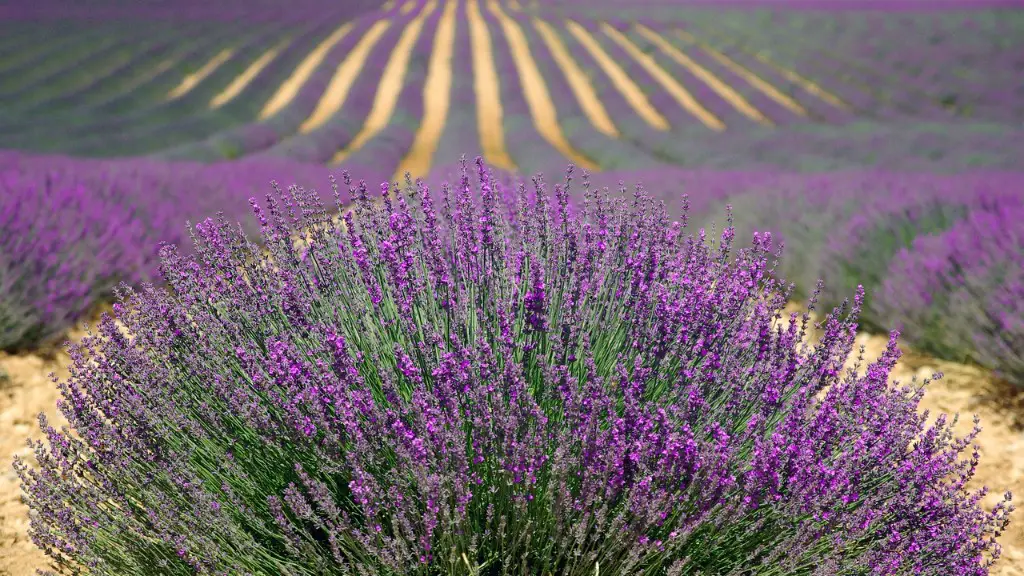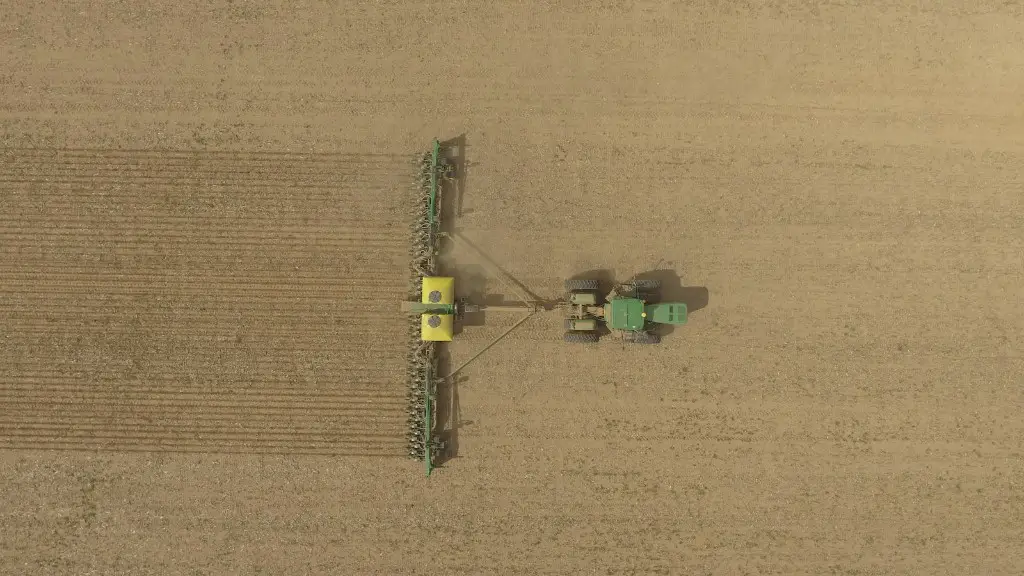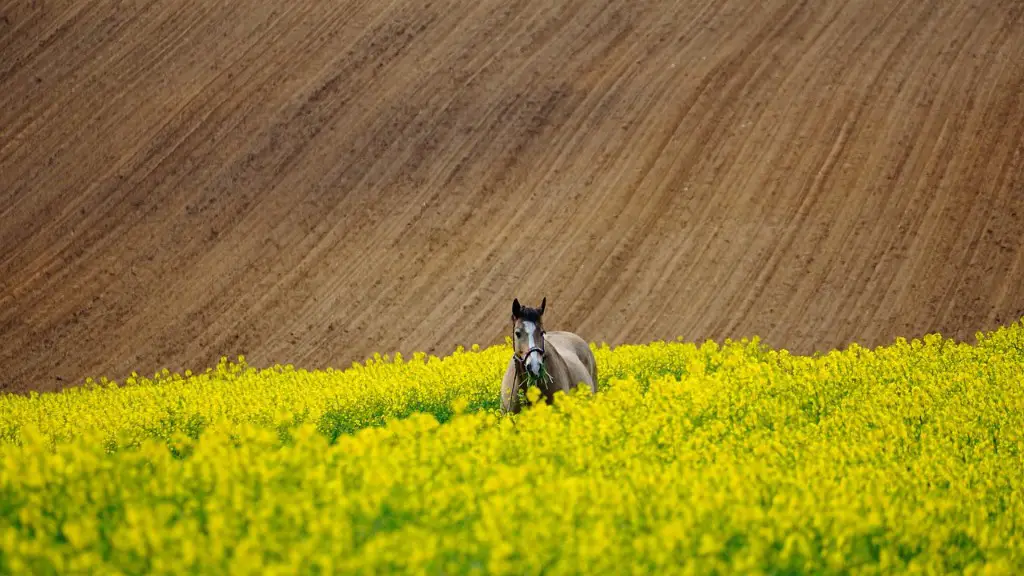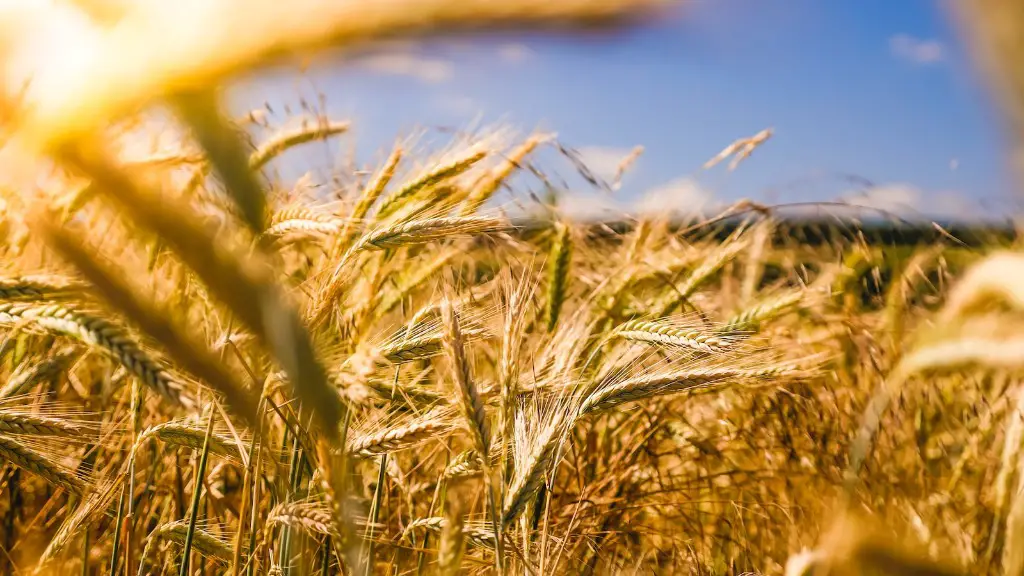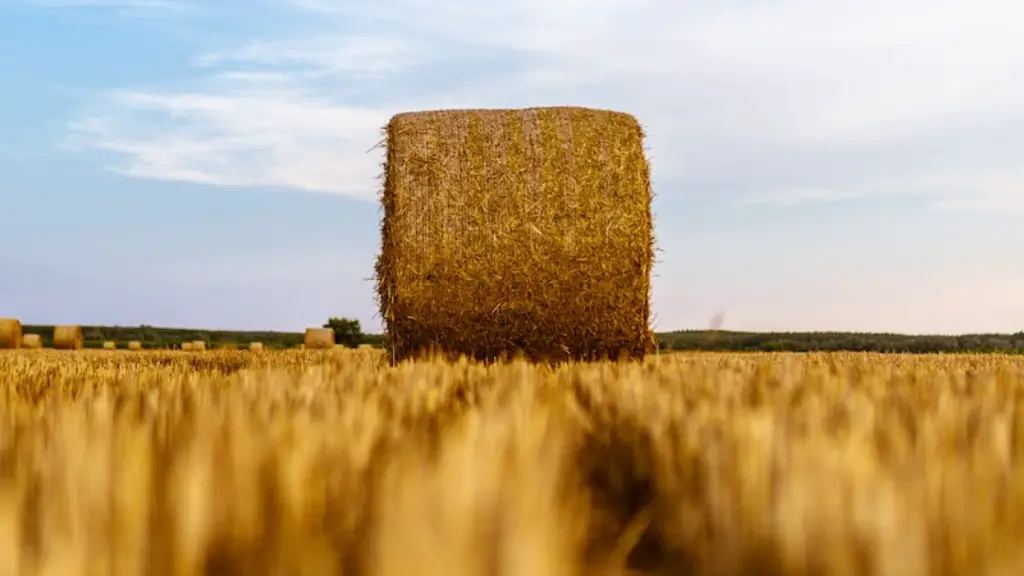Agriculture is a vast field which involves a variety of processes and components. Here, we discuss the key parts which constitute agriculture in the modern era. Firstly, farm management is essential for the successful operation of any agricultural business. It includes the commitment of resources and labor, the decision-making process related to the activities, the implementation of agricultural practices and management of risks. Secondly, agronomy revolves around crop production which includes crop rotation, irrigation, soil preparation, and pest management. Thirdly, horticulture mainly focuses on the cultivation and management of plants, often ornamental. It encompasses nursery operations, landscape management, and greenhouse management. Fourthly, animal husbandry is the production and maintenance of animals for economical objectives. It involves livestock nutrition, breeding, and housing management. Fifthly, crop protection involves the management of pests, weeds, and diseases in crops. It employs various techniques such as crop rotation, zero tillage, and manipulation of soil fertility. Sixthly, agricultural engineering is the application of science and engineering to agriculture. It includes the development of agricultural machinery, irrigation systems, and use of biotechnology in agriculture. Lastly, agricultural economics or agribusiness involves the decisions regarding the production and marketing of agricultural products. It encompasses agricultural policy, rural development, and environmental economics.
Farm Management
Farm management is the process of planning and executing the management of resources for the primary purpose of production. Successful farm management requires having a good understanding of the specific crop rotation, soil conditions, and the available labor and capital. Farm managers must decide when and how to plant, distribute labor, and provide financial support. Furthermore, they must take into account risks associated with the agricultural operations and the economic environment. Farm management decisions may involve mitigating the risk of crop losses due to drought or flood, determining appropriate levels of crop input and labor, and the timing of harvesting activities.
Farm managers must also consider processing and marketing activities. These decisions involve determining which crop inputs provide the highest yields and the most efficient use of resources. The choice of inputs, such as fertilizer, pesticides, and herbicides, must also be taken into account. In addition, farm managers must also take into account land ownership issues, government regulations, financing, and technological advances such as GPS and remote sensing technologies.
In order to successfully manage a farm, farm managers must be aware of existing legal instruments and other related laws. For instance, in the United States, the Federal Agriculture Improvement and Reform Act is the foundation of public policy that determines how farming is regulated. In addition, the law provides subsidies to farmers in order to ensure their economic stability. Farm managers must also keep up with the technological advances in farming to ensure efficient operations.
By utilizing farm management techniques, farmers can increase yields, minimize losses due to crop failure, reduce financial losses, and ensure efficient operations. Good farm management practices can lead to increased productivity and long-term sustainability of an agricultural enterprise.
Agronomy
Agronomy is the science that deals with the production of crops. It includes the study of soil, crop rotation and irrigation, as well as plant nutrition, pest control and weed management. Agronomy has evolved over the years and now incorporates the use of computer applications and precision farming technologies that enable more efficient production.
Crop rotation and soil preparation are important components of agronomy. Crop rotation helps increase soil fertility by rotating different crops over a period of time. In addition, proper soil preparation helps ensure that crops get optimum access to water, sunlight, and nutrients. Plant nutrition is also essential in agronomy. Plants require essential nutrients like nitrogen (N), phosphorus (P), and sulfur (S) to remain healthy and productive. The application of fertilizers, manure, and compost can help supply these essential nutrients to plants.
Organic pest control and weed management are also important components of agronomy. Organic pest control methods such as the use of natural predators and organic sprays help protect crops from pests and do not cause any harm to soil or other living organisms. Similarly, weed management involves the control of weeds in order to reduce competition for resources for the crops.
Agronomy is an important part of modern agriculture, and is a field that continues to evolve with technological advances and the increasing complexity of the global agricultural supply chain. Proper agronomic practices help improve crop yields, reduce losses due to crop failure, and increase economic stability.
Horticulture
Horticulture is a field of science and practice dealing with the cultivation and maintenance of plants, especially ornamental plants and fruit trees. Horticulture is a diverse field of study that encompasses a variety of techniques and skills ranging from planting to landscape management, as well as environmental and conservation science. Horticulturists must develop an understanding of soil and climate conditions, as well as the potential for pests and diseases.
Horticulturalists are responsible for raising, managing, and marketing plants. Their primary goal is to produce quality plants that meet the needs of their customers. They use a variety of techniques to achieve this goal which includes soil preparation, planting, pesticide and herbicide application, irrigation, pruning, and fertilization. Horticulturists are also responsible for the maintenance of plants, which includes monitoring plant health and taking corrective measures when necessary.
In addition, horticulturists may be responsible for the sale and distribution of plants or their products. Horticulturists are also involved in plant research and may specialize in an area such as plant pathology or genetics. They may be involved in the design and maintenance of parks and gardens or in the production of ornamental plants. Through the use of various horticultural practices, horticulturists are able to maximize the quality and yield of plants.
Horticulture is an integral part of agriculture and plays an important role in both decorative and edible crop production. The use of horticultural practices helps to ensure that crops are healthy and productive and are of a high quality. Thus, horticulture is essential to any successful agricultural business.
Animal Husbandry
Animal husbandry is the primary production enterprises that involve production and maintenance of animals for the purpose of obtaining economic products. It is an important part of the agricultural industry and plays a crucial role in providing food, fiber, and other resources to society. Animal husbandry is a complex field of study that involves the study of animal science, nutrition, genetics, medicine, and management.
Animal husbandry includes the maintenance of breed stock, reproduction, health, nutrition, and management of animals. Proper nutrition is essential for the success of any animal husbandry operation and requires providing a balance of proteins, minerals, and vitamins to the animal. Proper feed management as well as proper housing, adequate ventilation, and access to clean water are also essential for successful animal husbandry operations.
Animal husbandry also includes animal breeding and selection. Animals are selectively bred and managed to optimize traits such as growth rate, feed intake, and nutrient efficiency. In addition, animal husbandry includes the management of animal waste, the prevention of animal diseases, and the monitoring of animal health and well being. Animal husbandry is also responsible for protecting wild and captive animals from predation and managing natural habitats.
Animal husbandry is an important part of modern agriculture and is crucial for the production of food, fiber, and other resources. Proper animal husbandry practices help to ensure the economic success of animal production enterprises while also promoting animal health and welfare.
Crop Protection
Crop protection is the management of pests, weeds, and diseases in crops. It involves the use of physical, chemical, biological, and other techniques for minimizing pest infestations, reducing crop losses due to weeds and diseases, and safeguarding the health of crops and the environment. Crop protection can be achieved through the use of crop rotation, zero tillage, and manipulation of soil fertility.
The use of crop rotation helps reduce pest infestations by disrupting the life cycle of insects and weeds. Zero tillage, on the other hand, is a technique used to minimize soil disturbance and conserve moisture. This technique helps reduce soil erosion, increase nutrient retention, and facilitate weed management. In addition, manipulation of soil fertility helps to prevent nutrient deficiencies in crops which can lead to pest infestations.
Crop protection also involves the use of chemical and biological controls. Chemical controls include the use of fertilizers, pesticides, and herbicides, while biological controls involve the use of predators and parasites to attack pests. Chemical and biological pest control techniques can be utilized to minimize losses due to pest infestations while protecting the environment.
Crop protection is an essential part of successful agricultural production. The use of crop protection techniques helps ensure that crops are healthy and productive, minimizing losses due to pests, weeds, and diseases. Proper crop protection practices help farmers increase their yields and provide a safe and secure food supply to society.
Agricultural Engineering
Agricultural engineering is the application of engineering principles and technologies to agriculture. It involves the design, construction, and maintenance of agricultural facilities, equipment, and infrastructure. Agricultural engineering is a broad field, and involves the development of machinery and tools for the efficient production of crops and livestock products.
Agricultural engineers must have knowledge of agricultural processes and methods as well as engineering principles and technologies. They may be involved in the development of machinery and tools for harvesting, planting, irrigation, and pest control. In addition, they may design, modify, and improve existing machinery and equipment in order to increase productivity and reduce operating costs.
Agricultural engineers are also involved in the development of irrigation systems and the application of biotechnology in agriculture. Irrigation systems are designed to provide adequate water to crops or pastures. Biotechnology is the use of genetically modified organisms in agriculture to increase crop yields, improve crop quality, or reduce production costs.
Agricultural engineering is an essential part of modern agriculture. Agricultural engineers must be knowledgeable of the latest technologies and processes in order to successfully deploy engineering solutions that increase efficiency and productivity. Agricultural engineering is a rapidly evolving field, and as new technologies are developed, agricultural engineers must be able to recognize, evaluate, and utilize these advancements for the benefit of agricultural production.
Agricultural Economics
Agricultural economics is the branch of economics that deals with the production, distribution, and consumption of agricultural products. It focuses on the analysis of the economic decisions made by farmers, agribusinesses, and governments regarding the production and marketing of agricultural products. Agricultural economics encompasses a variety of topics such as agricultural policy, rural development, international trade, environmental economics, and food security.
Agricultural policy is concerned with the regulations, taxes, and other measures that governments implement in order to influence farmers, agribusinesses, and consumers. It may also be concerned with the support of agricultural commodities and research on new technologies. Rural development includes the analysis of social and economic changes in rural areas in order to promote economic growth, reduce poverty, and improve living standards in rural areas.
International trade deals with the exchange of agricultural goods between countries. It encompasses aspects such as tariff and non-tariff barriers, export credits, and import restrictions. Environmental economics deals with the economic analysis of environmental issues such as industrial pollution, resource depletion, and climate change. Food security is concerned with the availability, access, and utilization of food in order to ensure that people have sufficient and nutritious food.
Agricultural economics is an important field of study that helps inform agricultural policy decisions and enhance agricultural production and trade. It provides insights into the economic factors involved in agricultural production and distribution, and provides a means for evaluating the impact of different policies and initiatives on the agricultural sector.
